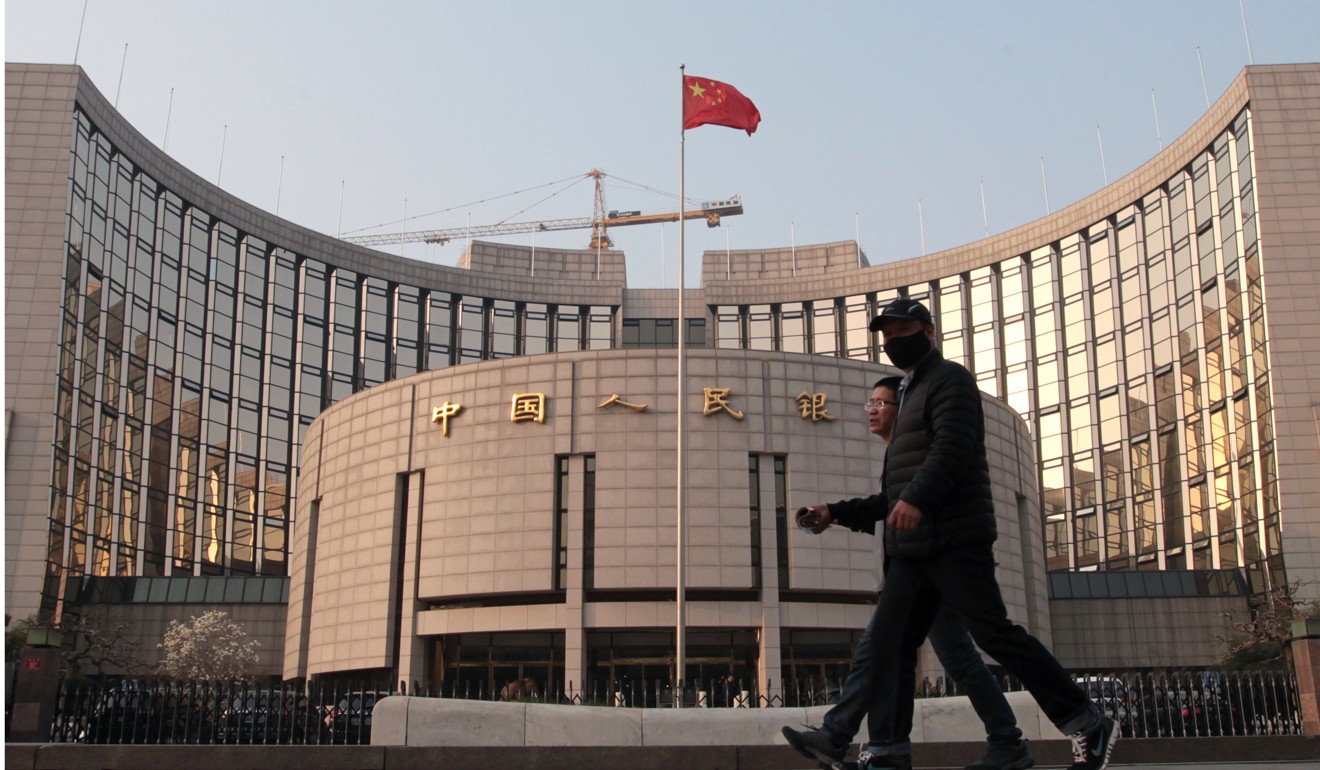
Will the US$106b freed from the reserve requirement cut flow to China’s struggling property developers?
The Chinese central bank’s move to cut the reserve requirement ratio by 50 basis points is part of a ‘targeted easing’
The Chinese central bank’s move to inject 700 billion yuan (US$106 billion) into the banking system through a reserve requirement ratio (RRR) cut will not help to ease liquidity concerns of property developers, as they will not be able to access the funds because of the heavy curbs imposed on them, say analysts.
The People’s Bank of China announced a 50 basis points cut in the RRR over the weekend, which takes effect from July 5, as part of a “targeted easing”. This means the freed up funds can only be used to support the implementation of debt-to-equity swap programmes and small and micro-sized enterprises, instead of across the board easing.

Ron Thompson, managing director at professional services firm Alvarez & Marsal, said that although the RRR cut will increase banks’ total lending capacity, it will not have much of an impact on loans to the real estate sector.
“It does not necessarily change banks’ risk appetite. For the real estate sector banks have pretty set policy on who and how much they will lend to, and this is unlikely to change,” he said.
Zhang Hongwei, chief analyst with Tospur Real Estate Consultancy, said: “Right now almost all ‘innovative’ financing channels have been closed for developers, and this will hardly change due to the RRR cut. In other words, there is money in the market but developers can’t get it.”
China’s property industry is among the sectors that have been hit hard by the central government’s deleveraging campaign that has squeezed banks’ off-balance-sheet lending, as May’s total social finance, the broadest gauge of new lending, fell to the lowest level in 23 months.
Developers have also been squeezed by the crackdown on shadow banking since late last year as it was a crucial funding channel after being shunned by banks.
A stress test by S&P Global Ratings showed that in the worst case scenario, in which falling sales is compounded by early repayment of shadow banking debt and redemption of bonds, 40 per cent of the developers it covers faced a downgrade.
“We have seen the government take a hands-off approach to a slew of recent bond defaults,” said Cindy Huang, an S&P analyst. “China’s property sector is predominantly private and the government’s tolerance toward defaults in this sector is presumably greater.”
Ryan Tsang, managing director at S&P Financial Institutions Ratings, said because of the harsh regulatory stance financial institutions are not risking breaching the rules and lending to developers via shadow banking.

Still, some industry insiders believe that there are players who are willing to take the risk.
“There will be funds as long as the price is high enough, say 20 per cent, to compensate the risk,” said a finance executive with a small developer in Shanghai who requested anonymity.
A research note from investment bank China International Capital Corporation said that the RRR cut will boost market sentiment.
CICC said that the RRR cut has provided an opportunity to invest property stocks, given their relatively low valuation. It also expects the RRR to fall by another 150 basis points in the second half.
The Hang Sang Mainland Property Index, however, is on a losing streak, declining 9.6 per cent this week.

